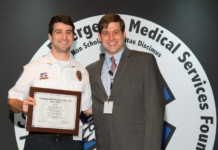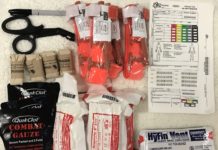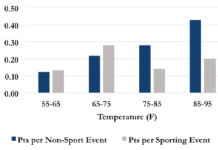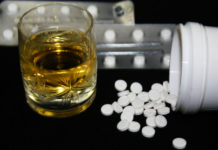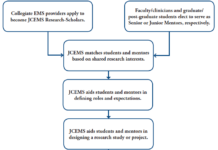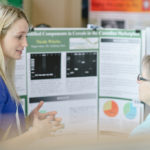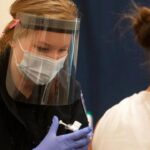Interview with Oren Cohn
JCEMS Executive Editor Brittany J. Dingler offers an exclusive interview with the 2018 Collegiate EMS Provider of the Year.
Implementation of Stop the Bleed on an Undergraduate College Campus
Johns Hopkins Emergency Response Organization (HERO) implemented a training, preparedness, and public access equipment program to stop the bleed on their campus.
EMS Resource Utilization at College Campus Mass Gathering Events
This study aimed to examine EMS utilization during mass gathering events at an urban university with a collegiate-based EMS agency. Findings suggest that college event planners can potentially utilize event and weather features to predict EMS resource utilization.
Benzodiazepine & Alcohol Co-Ingestion
This clinical review discusses the relevant pharmacology, clinical presentation, and treatment of patients who have co-ingested benzodiazepines and alcohol.
The JCEMS Research Mentorship Program
JCEMS developed a Research Mentorship Program to build research capacity in the collegiate EMS community.

